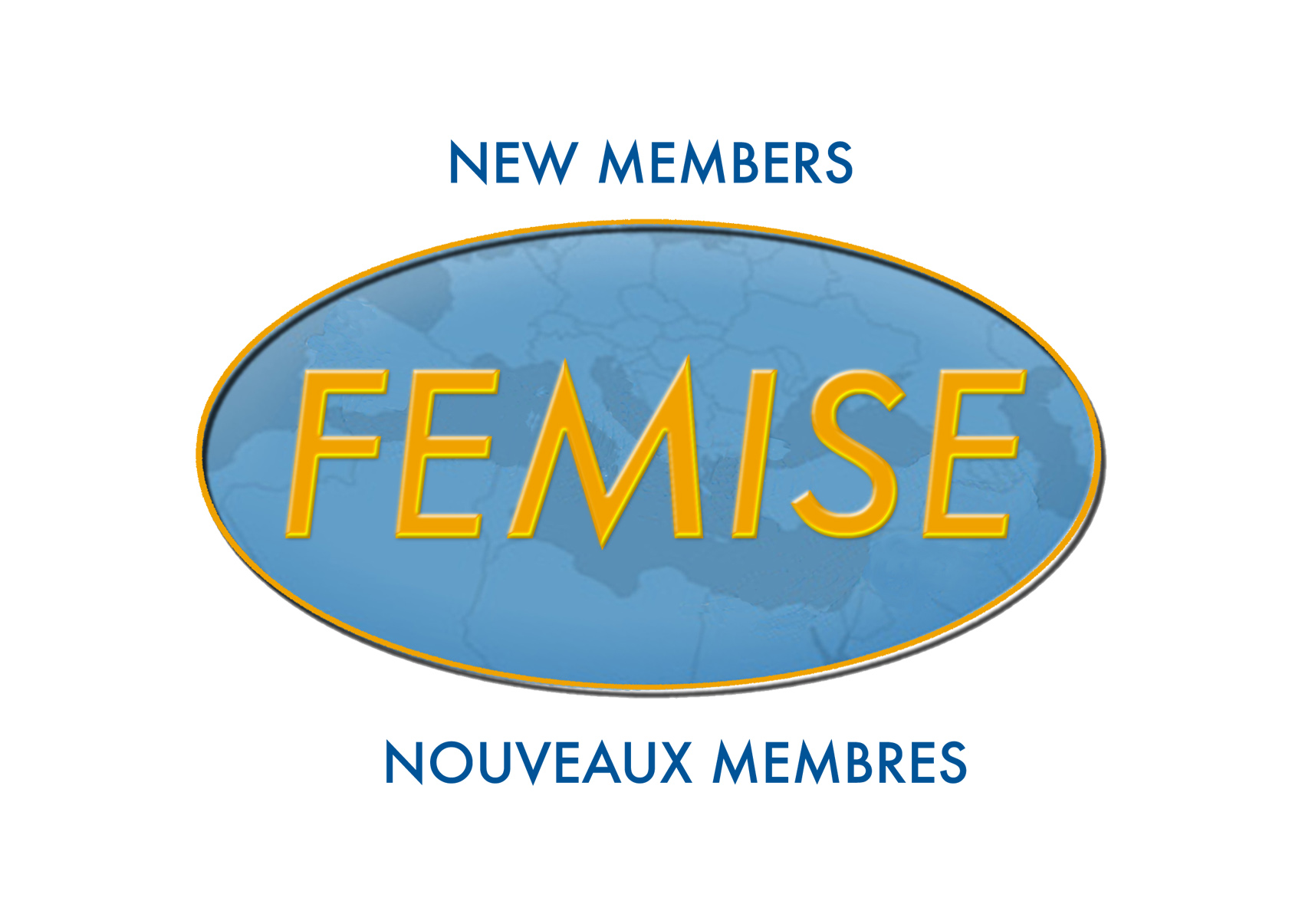 Following the adhesion of the 8 new members in the FEMISE Network, as of the 1st of March 2018, FEMISE is pleased to announce that the number of network members reached 104 members’ institutes: 57 from the North and 47 from the South.
Following the adhesion of the 8 new members in the FEMISE Network, as of the 1st of March 2018, FEMISE is pleased to announce that the number of network members reached 104 members’ institutes: 57 from the North and 47 from the South.
This is a vote of confidence to FEMISE who is developing into the largest EU-Med network in the region, with an increasing numbers of researchers from both shores who are working together for the development and integration of the region and an increasing number of contacts from policy makers and international organisations.
Bios of new FEMISE members:
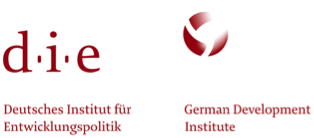
The German Development Institute / Deutsches Institut für Entwicklungspolitik (DIE), Bonn, Germany. https://www.die-gdi.de/en/
FEMISE Contact person: Dr. Markus Loewe, Senior Researcher, Department “Sustainable Economic and Social Development”
DIE is one of the leading think tanks for global development and international cooperation worldwide. It is located in the UN City of Bonn. DIE’s work is based on the interplay between Research, Policy Advice and Training. DIE is building bridges between theory and practice.
Research at DIE is theory-based, empirically driven and application-oriented. It provides the basis for the consulting activities of the Institute. DIE develops policy-relevant concepts, advises ministries, governments and international organisations, and refers to current policy issues. The training programmes of the Institute for university graduates and young professionals are integrated into the research and advisory process.
The DIE has about 130 employees, two thirds of them work as researchers. The Institute is headed by the Board of Directors with Dirk Messner as Director, Imme Scholz as Deputy Director and Gabriele Kahnert as Head of Administration.
DIE’s institutional agreement ensures the principle of scientific independence of the Institute. The shareholders of the Institute – the Federal Republic of Germany (75 %) and the State of North Rhine-Westphalia (25 %) – appoint the Board of Trustees of the DIE.
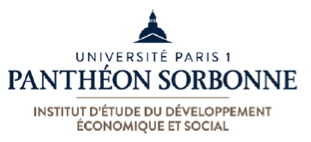
The Institute of Economic and Social Development Studies (IEDES), University of Paris 1 Panthéon–Sorbonne, Paris, France. https://www.pantheonsorbonne.fr/en/ufr/iedes/about-us/
FEMISE Contact person: Dr. Mohamed Ali Marouani, Senior Lecturer, HDR in economics, Deputy Director of the UMR Development and Societies.
The Institute of Economic and Social Development Studies is an internal institute in
Paris1 Panthéon-Sorbonne University. It includes teaching, research, publication and management services and partnerships.
The Institute of Economic and Social Development Studies has the following missions:
– to provide training for students enrolled in the Institute in the following fields:
economic, social and cultural development;
– to prepare for initial and life-long training in national Master’s and PhD degrees, and to provide the organization of Master and PhD courses;
– to organize multidisciplinary research on economic, social and cultural development;
– to disseminate the results of the research carried out in this field by means of a
publication policy conducted within its autonomy framework, in particular through the the supervision of the “Revue Tiers Monde” and the “Collection Tiers Monde”, published by Armand Colin;
– to prepare international cooperation activities taking place in the public or private sphere.

Sidi Mohamed Ben Abdellah University (USMBA) of Fez, Morocco. http://www.fst-usmba.ac.ma/a-word-from-the-dean/
FEMISE Contact person: Prof. Abdelhamid EL BOUHADI, Professor of Higher Education
The Univeristy Sidi Mohamed Ben Abdellah is created by Dahir n°2.75.662 of 11 Chaoual 1395 (October 17, 1975) and in accordance with the Royal directives aiming on the one hand to bring the institutions of higher education closer to researchers and students, and on the other hand, to integrate the university in its own environment and to promote research for regional and national development and welfare.
And since its creation, the Sidi Mohamed Ben Abdellah University has experienced a significant expansion in terms of its structure and in the number of institutions as well as the number of teaching staff, administrative staff and students.
This gives it a key position in the map of universities in the Kingdom. Its mission was to provide teaching and scientific research in the fields of science, technology, economics, social sciences, law and humanities. Since its creation, the Sidi Mohamed Ben Abdellah University has been able to support the socio-economic development of the North Central region by training qualified and specialized professionals and managers. Today, the University is engaged in a vast program of reform that allows it to open up on new disciplinary fields and more diversified formations, thus creating new academic and professional training perspectives in accordance with the recommendations of the National Charter Education and Training and the provisions of Law 01.00 on the organization of higher education.
 TOBB Univeristy of Eocnomics and Technology, Ankara, Turkey https://www.etu.edu.tr/en
TOBB Univeristy of Eocnomics and Technology, Ankara, Turkey https://www.etu.edu.tr/en
FEMISE Contact person: Professor Bedri Kamil Onu Tas
TOBB Economic and Technology University (TOBB ETU) was founded on July I, 2003 as a non-profit, private foundation university with a public corporate body according to the Law number 4909 published in Official Gazette number 25155, by Turkey Chambers and Commodity Exchanges of Education and Culture Foundation. TOBB Economics and Technology University is subject to the provisions of Higher Education Institutions in Turkey outlined by Law number 2547.
TOBB ETU was established with the mission to do theoretical and applied research, to train qualified labor force needed by the business world, to develop university-industry cooperation, to educate high quality scientist, to conduct research on the developmental needs of the country and to contribute to the economic and social development of the country.
The main aim of the Department of Economics of TOBB ETU is to provide students with cutting edge tools to analyze economic phenomena, to conduct research, to be equipped with the necessary skills in a rapidly changing world. It aims to educate economists who have the knowledge and skills in complex social and economic issues that can use this knowledge to solve problems and design appropriate economic policies. With this aim, the academic members of the TOBB ETU closely follow today’s economic developments and carry out research in the field of economic development. Academic members of the Department of Economics at TOBB ETU have published 185 papers and implemented 20 research projects.
TOBB ETU is on its way to become a prestigious and competitive university recognized worldwide as a university that transforms knowledge into technology. It aspires to become a scientific and entrepreneurial hub in Mediterranean and MENA regions and contribute to the Human capital accumulation in region economies.
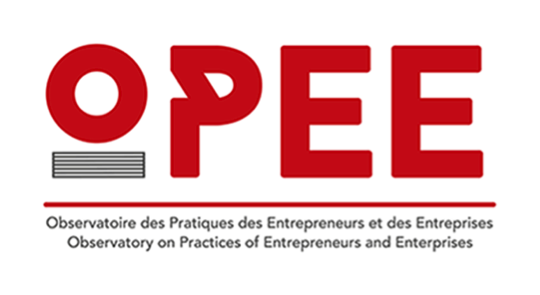 L’Observatoire des Pratiques des Entrepreneurs et des Entreprises (OPEE)
L’Observatoire des Pratiques des Entrepreneurs et des Entreprises (OPEE)
FEMISE Contact person: Professor Maarouf Ramadan, Délégué Général de l’OPEE
L’Observatoire des Pratiques des Entrepreneurs et des Entreprises (OPEE) was created through the initiative of a group of researchers and teacher-researchers, economists, managers, mathematicians, and statisticians who want to put their knowledge at the service of companies, entrepreneurs, and public decision makers. They are engaged in a process of knowledge sharing with an inclusive development perspective.
The (OPEE) aims to help entrepreneurs and policy makers improve the survivability and growth of small and medium-sized enterprises (SMEs) and ensure their integration into local, national, and global value chains. It proposes an innovative approach to open-system companies and develops analysis tools dedicated to small businesses (more than 1 and fewer than 50 employees).
The OPEE teams either are from the academic world or have close ties with the research world. They create economic models for companies and use the latest data analysis techniques to facilitate their development.
The OPEE targets SMEs, aged 1 year and older, that have 1 to 50 employees. It provodes a framework (SBAT: Small Business Assessment Tool) for analyzing public policy support for entrepreneurship in local communities, governments, and international agencies.
SBAT is a tool designed for small and medium-sized businesses. It aims not only to evaluate your activity for free but also to compare it with your competitors. This tool enables you to make choices to ensure a safe and prosperous future.
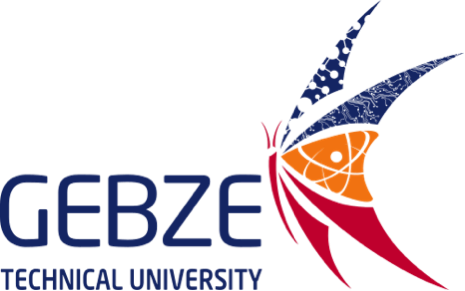
Faculty of Business Administration at GEBZE Technical University, Turkey http://www.gtu.edu.tr/
FEMISE Contact person: Associate Professor Murat Anil Mercan
Gebze Technical University (GTU) was established with the decree of the Grand National Assembly of Turkey on November 4, 2014, based on the foundations and experience of Gebze Institute of Technology (GYTE) founded in 1992, inheriting and embracing its 22-year heritage. Gebze Technical University is the youngest but an experienced university to become the most important hub for science in Turkey with its infrastructure, structure and academic staff.
The Faculty of Business Administration was established in 1992 following the foundation of the university. There are three departments in the faculty, namely Business Administration, Science of Strategy and Economics. Since 1994, the Department of Business Administration awards Master’s Degree, since 1996 it awards PhD Degree, and since 2008, it awards Bachelor’s Degree. At the Department of Economics, Master’s Degree has been awarded since 2010 and PhD Degree since 2013 while the Bachelor’s Degree has been awarded since 2017. The Department of Science of Strategy awards Master’s Degree since 1999.
At GTU Faculty of Business Administration, which has a competent academic staff, our students are trained in Undergraduate and Postgraduate education. Its Mission is to provide the necessary training opportunities for the personal and academic development of our students in line with the ever-changing world conditions, and by highly valuing the entrepreneurial, innovative and ethical values as well as social responsibility, and wıth the greatest help of our location to contribute to the sustainable development by linking the industry, government and society.

Department of Political Science and International Relations (PEDIS) – University of the Peloponnese, Greece
FEMISE Contact person: Assoc. Prof. Nikolaos Tzifakis
The Department of Political Science and International Relations of the University of Peloponnese has developed an increasing interest in the EU-Med region. The Department’s work in this domain has been confirmed by its external quality assessment, conducted by the Hellenic Quality Assurance Agency (HQAA), in Greece in 2014.
In 2014, PEDIS decided to further explore socio-economic and political issues of the EU-Med region, by laying the grounds for a specialized postgraduate program. The Master of Arts (M.A.) in Mediterranean Studies offers a flexible multidisciplinary programme that covers an array of pressing, though interdependent, questions.
The Department has been equally active in its research activities about the Mediterranean region. Since 2008, the Centre for Mediterranean, Middle Eastern and Islamic Studies (CEMMIS) (www.cemmis.edu.gr), an interdisciplinary research team that operates under PEDIS, has conducted extensive research, covering a large geographic range that includes North Africa, the Middle East, Sub-Saharan Africa, Central Asia, South and Southeast Asia, and Muslim communities in Europe. In the past decade, CEMMIS has produced over 150 articles and analyses and has been steadily publishing a regular publication called Middle East Bulletin (currently in its 33th issue). CEMMIS has also created a series of interactive and multimedia projects, which together with its annual internship programme—that has attracted students from Greece, Turkey, Egypt, Qatar, Italy, Germany and Canada.

Loughborough University, UK http://www.lboro.ac.uk/
FEMISE Contact person: Dr. Christos Kourtelis
Loughborough University is a public research university located in the market town of Loughborough, Leicestershire, in the East Midlands of England. It has been a university since 1966, but the institution dates back to 1909. In 2013, the university won its seventh Queen’s Anniversary Prize, awarded in recognition of its impact through research and skills development in High Value Manufacturing to create economic growth.
Academics in the Department of Politics, History and International Relations (PHIR) are engaged in research across the fields of political science, political theory, public policy, international relations, and modern history. All department staff are research-active. This is reflected in the REF 2014 results, where the department finished 8th for research intensity in the Unit of Assessment D27 ‘Area Studies’.
Euro-Mediterranean affairs are at the core of the research interests of the PHIR, with researchers focusing on the political economic side of EU-Mediterranean relations and the financial assistance that the EU provides to the Southern ENP countries. Meanwhile, researchers also focus on migration, the security aspects of the Euro-Mediterranean relations and North African politics.


